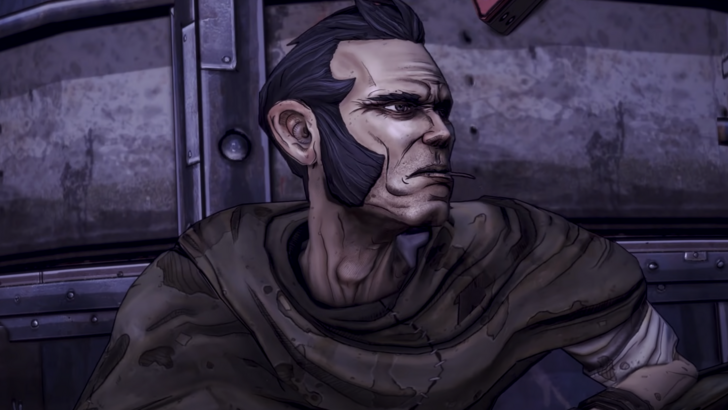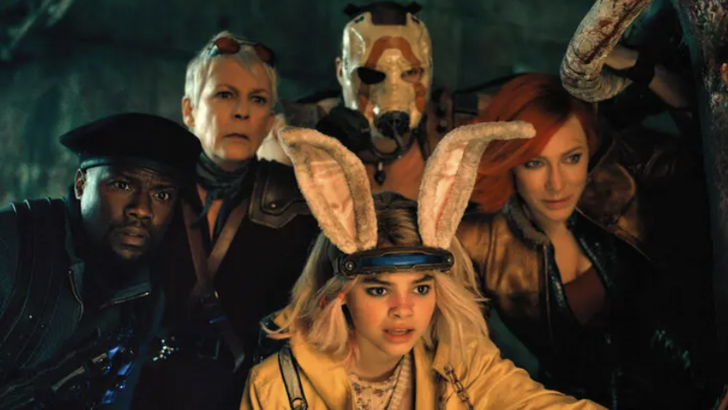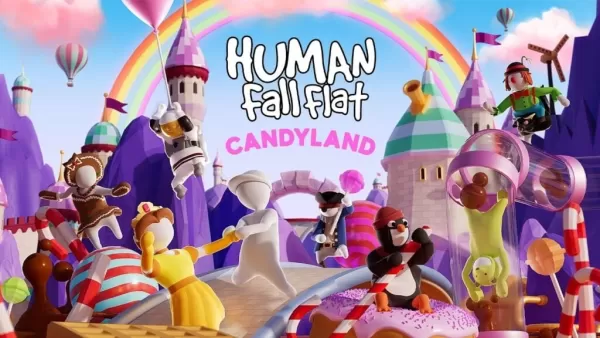 The Borderlands movie, currently in its premiere week, is facing a barrage of negative reviews from prominent film critics, and now a fresh controversy has emerged regarding uncredited work.
The Borderlands movie, currently in its premiere week, is facing a barrage of negative reviews from prominent film critics, and now a fresh controversy has emerged regarding uncredited work.
Borderlands Movie Premiere Week: A Tumultuous Start
Uncredited Film Staff Sparks Controversy
 Eli Roth's Borderlands movie adaptation is experiencing a difficult premiere, with overwhelmingly negative early reviews. Rotten Tomatoes currently shows a dismal 6% critics' score based on 49 reviews. Critics haven't pulled any punches; Donald Clarke of the Irish Times suggested viewers might want to "imagine hitting an X button" to escape the film's perceived flaws, while Amy Nicholson of the New York Times praised some design aspects but criticized the humor's failure to land.
Eli Roth's Borderlands movie adaptation is experiencing a difficult premiere, with overwhelmingly negative early reviews. Rotten Tomatoes currently shows a dismal 6% critics' score based on 49 reviews. Critics haven't pulled any punches; Donald Clarke of the Irish Times suggested viewers might want to "imagine hitting an X button" to escape the film's perceived flaws, while Amy Nicholson of the New York Times praised some design aspects but criticized the humor's failure to land.
Initial reactions from social media, once the embargo lifted, echoed the negative sentiment, describing the film as "lifeless," "terrible," and "uninspired." However, a segment of Borderlands fans and general moviegoers seemed to appreciate the film's action-packed style and crude humor. Rotten Tomatoes reflects this disparity, with a more favorable 49% audience score. One user commented, "I went in with low expectations, but I truly loved it," highlighting the contrast between critical and audience reception. Another fan praised the action and humor, but acknowledged that "some lore changes might puzzle viewers."
Beyond the critical panning, a crediting dispute has added to the film's woes. Robbie Reid, a freelance rigger who worked on the character Claptrap, publicly revealed on Twitter (X) that neither he nor the character's modeler received screen credit. Reid expressed disappointment, stating that this was the first time he'd been uncredited after a long career, especially given Claptrap's significance. He speculated that the omission might be due to him and the artist leaving their studio in 2021, acknowledging that such oversights are unfortunately common in the industry.
Reid concluded by expressing his concern about the industry's treatment of artists and its crediting practices, hoping that the incident might spur positive change.














